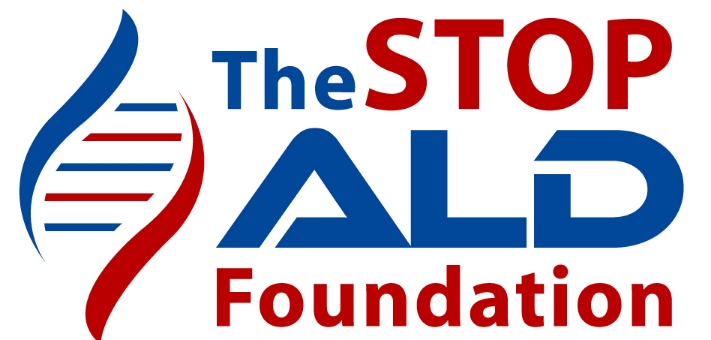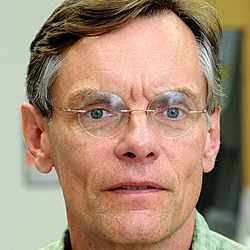Patrick Aubourg, M.D.
Professor of Pediatrics
Hospital Saint-Vincent de Paul
Paris, France
Dr. Aubourg's clinical specialty is neurology and pediatrics. He is the team director at the Research Unit INSERM U342. As well, he is the Director of the Ph.D. program. His research interests include gene therapy and genetics of neurodegenerative diseases including adrenoleukodystrophy (ALD). His main publications include Nature (1), New England Journal of Mediine (2), Lancet (1), Trends in Neuroscience(1), PNAS, (1), Human Gene Therapy, and the Journal of Biological Chemistry.
Dr. Stephan Kemp was trained as a translational investigator in X-ALD research at Johns Hopkins. Upon returning to the Netherlands (1998), he started his own research group at the Academic Medical Center.
Stephan Kemp, Ph.D.
Associate Professor & AMC Principal Investigator
Departments of Pediatric Neurology and Pediatrics
Academic Medical Center, University of Amsterdam
Amsterdam, The Netherlands
Dr. Stephan Kemp was trained as a translational investigator in X-ALD research at Johns Hopkins. Upon returning to the Netherlands (1998), he started his own research group at the Academic Medical Center.
He reinvestigated long-held dogmas by using new techniques and established a niche which shifted the fields understanding of VLCFA synthesis. His research team has proved very successful in translating new scientific findings to the clinic and vice-versa deconstruct clinical questions into their scientific components. His team developed new diagnostic methods, generated the X-ALD 2.0 mouse, identified ELOVL1 as the key enzyme in VLCFA synthesis, demonstrated that inhibition of ELOVL1 corrects VLCFA levels, thus designating ELOVL1 as key therapeutic target.
He supervised three clinical trials over the last 5 years: 1) a placebo-controlled trial with lovastatin in AMN patients (New England Journal of Medicine), 2) an open-label trial with bezafibrate which was sponsored by the Stop ALD Foundation (PLoS ONE) and 3) a cohort study to describe the clinical, biochemical and genetic spectrum in 50 women with X-ALD (Brain).
Jim Wilson, M.D., Ph.D
Director
Institute for Human Gene Therapy
Department of Molecular and Cellular Engineering
University of Pennsylvania Medical Center
Philadelphia, Pennsylvania
At the University of Pennsylvania, Dr. Wilson's research focuses on the understanding of basic pathogenesis of human inherited diseases in the development of novel therapies based on somatic gene transfer. One disease model under investigation in his laboratory is cystic fibrosis. Previous work involves characterization of CF gene expression in the human lung, the development of an animal model for CF, and creation of recombinant viruses for lung-directed gene therapy. Current efforts attempt to understand the biology of airway epithelium with respect to development, lineage relationships and stem cells, biogenesis of normal and mutant CFTR, and submucosal gland morphogenesis and function. His attempts to understand the basis for bacterial infection in the CF lung has lead to the discovery of a number of new molecules called human defensins. These are antibiotic peptides secreted by epithelial cells and constitute an important part of innate immunity. A particular interest to the effort in gene therapy for cystic fibrosis is the immunology of in vivo administration of recombinant viruses. Dr. Wilson's laboratory studies specifically the basic cellular and molecular biology of host response to a recombinant virus with the goal of delineating mechanisms of antigen-specific immunity, as well as developing strategies to overcome these potential barriers.
Critical to the success of effective in vivo therapies is the development of viral based vectors. Dr. Wilson's laboratory has taken a broad-based approach to vector development utilizing both DNA and RNA viruses. Substantial efforts have been placed in the study of vectors based on human adenoviruses. Included in this work is the interaction of the vector with the host with respect to antigen and nonantigen specific immune mediated processes. A new area of pursuit is the use of vectors based on lentiviruses. These RNA viruses are capable of transduction in non-diving cells. Initial work is focused on vectors based on HIV, although future studies are moving towards lentiviruses isolated from other species.



